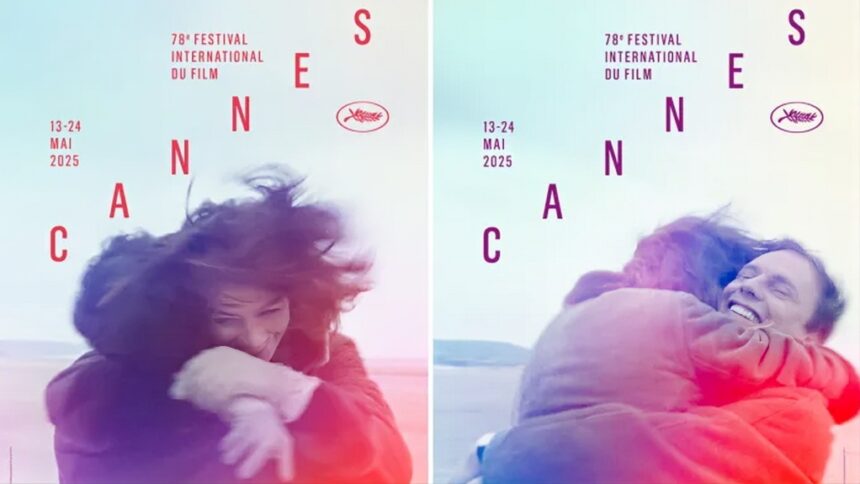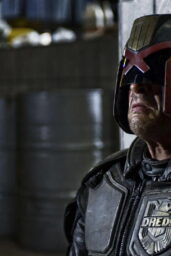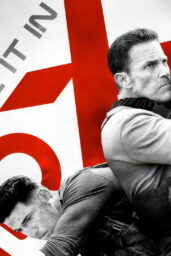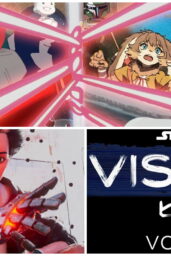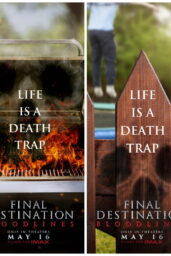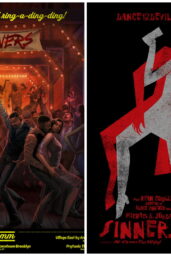I'll never forget the first time I saw A Man and a Woman—Claude Lelouch's 1966 masterpiece. The beachside embrace between Anouk Aimée and Jean-Louis Trintignant felt like a warm hug from a bygone era. Fast forward to 2025, and the 78th Cannes Film Festival just dropped two posters that hit me right in the feels. They're not just pretty pictures—they're a love letter to a film that defined romance for a generation.
These posters, marking a festival first with dual designs, capture that iconic embrace. One zooms in on Aimée's Anne, her hair wild in the wind, eyes full of longing. The other highlights Trintignant's Jean-Louis, his smile radiating a joy that's almost contagious. It's a clever nod to a story about two fragile souls—a widow and a widower—dancing around love while carrying the weight of their pasts. The festival's own words nail it: “In 1965, two fragile souls… danced together in front of Claude Lelouch's burning lens.” That tenderness? It's splashed across these posters like a sunset on the French Riviera.
Let's rewind. A Man and a Woman didn't just charm Cannes—it dominated. It snagged the Palme d'Or in 1966, then went on to win Oscars for Best Foreign Language Film and Best Original Screenplay. Aimée and Lelouch even scored nominations for Best Actress and Best Director. But stats don't tell the whole story. The film's real magic lies in its raw emotion—like a black-and-white photograph you can't stop staring at. It's no wonder Cannes chose this gem to honor nearly 60 years later. According to a 2019 Criterion Collection essay, Lelouch's use of color and monochrome was “a visual poem that mirrored the characters' emotional turbulence.” That poetry lives on in these posters.
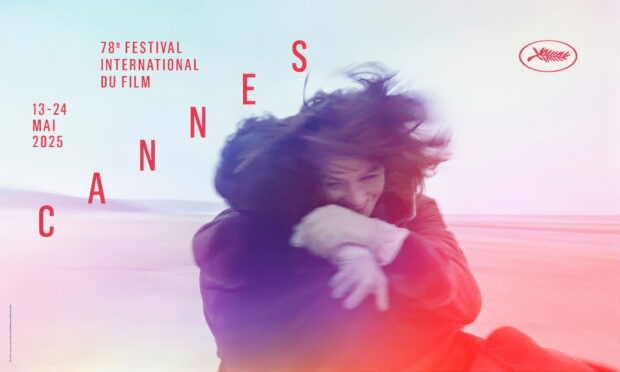
But here's teh kicker—these posters aren't just nostalgia bait. They're a statement. By splitting the focus between Anne and Jean-Louis, Cannes is saying: this story belongs to both of them. It's a subtle but bold move, especially in an industry that often sidelines women's perspectives. A 2023 study from the USC Annenberg Inclusion Initiative found that only 34% of speaking characters in top-grossing films were women. So, seeing Anne front and center? That's a win.
Still, I can't help but wonder—does this tribute overshadow the new voices at Cannes? Tomorrow, the festival announces its late additions, with Lynne Ramsay's Die, My Love and Bi Gan's Resurrection rumored to be in the running. Those films deserve their moment too. These posters are stunning, no doubt—like a vintage wine you want to savor. But if they steal the spotlight from fresh talent, I'm not sure I'm ready to toast just yet.
So, what do you think? Are these posters a timeless homage—or a distraction? Drop your thoughts below.

